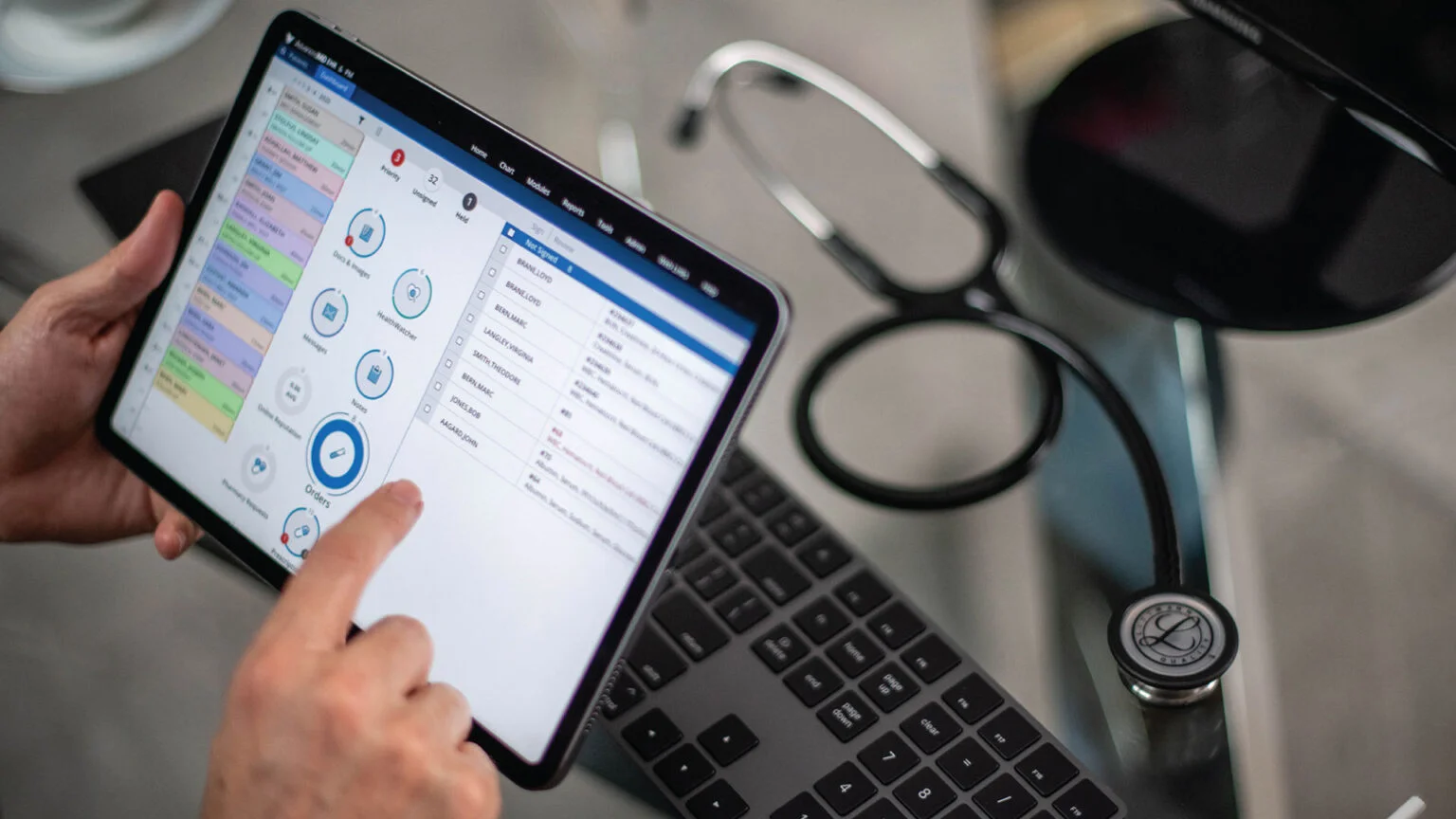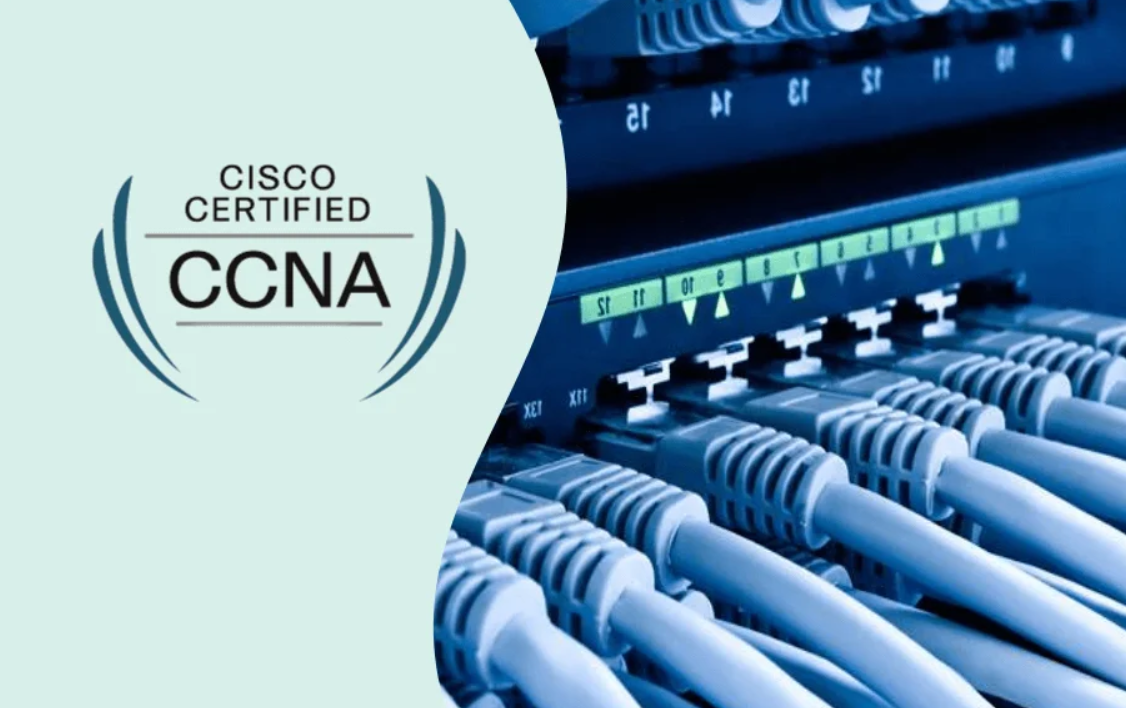Imagine a doctor walking into their clinic, and before the first patient even arrives, all the day’s appointments are sorted, medical histories are summarized, and lab results are analyzed all done automatically. No, it’s not science fiction. It’s the new reality made possible by advanced health software programs that are fast becoming indispensable in modern medicine.
Today’s healthcare systems are evolving at a remarkable pace, and at the center of this transformation is a new kind of assistant intelligent health software designed to help doctors make faster, smarter, and more accurate decisions. This isn’t just another app; it’s a revolution in how doctors work, diagnose, and deliver care.
The Challenge Doctors Face Today
Doctors are under more pressure than ever. Between managing patient loads, analyzing reports, updating records, and staying current with medical research, there’s little time left for what matters most patient interaction. Administrative tasks can consume nearly 40% of a doctor’s working hours, leaving them overwhelmed and fatigued.
That’s where technology steps in. Advanced software programs, powered by artificial intelligence (AI) and data analytics, are stepping up to relieve this burden. They are becoming the silent assistants every doctor wishes they had ones that never sleep, never forget, and always deliver accurate insights.
Meet the Digital Doctor’s Assistant
This emerging class of digital assistants isn’t about replacing doctors; it’s about empowering them. These programs combine multiple tools into one intelligent system that manages everything from patient scheduling to diagnostic support.
For example, a Clinic Management Software can automate appointment bookings, manage patient histories, send prescription reminders, and even help doctors analyze medical data in real time. In Pakistan and across the globe, clinics adopting such technology are finding their workflows smoother and patient satisfaction higher.
The system doesn’t just store data it learns from it. Using AI algorithms, it can flag potential issues, suggest treatment options based on prior cases, and highlight abnormal results that require attention. In many cases, it acts like a second pair of eyes for the doctor, helping them catch details that human fatigue might miss.
Data: The New Medical Partner
Modern healthcare generates an incredible amount of data every second from patient records and lab results to wearable device readings. However, raw data is useless without proper interpretation.
This is where intelligent health programs shine. By integrating Electronic Health Records (EHRs), lab analytics, and predictive algorithms, these systems can identify health patterns long before symptoms appear. Imagine a program alerting a physician that a patient’s blood sugar trends are moving toward diabetes even before the patient shows any signs.
These predictive insights allow doctors to move from reactive care (treating illness) to proactive care (preventing it). That shift could revolutionize the entire healthcare model.
Enhancing Decision-Making with Artificial Intelligence
AI in healthcare isn’t just about automation it’s about decision augmentation.
For instance, when a patient’s test results come in, an AI-powered assistant can instantly cross-reference thousands of similar cases, highlight anomalies, and even recommend next steps. This saves doctors hours of manual work and ensures that no detail slips through the cracks.
In radiology, for example, AI tools are already identifying early signs of cancer in scans with astonishing accuracy. In general practice, diagnostic software can suggest possible conditions based on symptoms and history, giving doctors a stronger starting point for their analysis.
These intelligent systems don’t replace medical expertise they amplify it. They give doctors the ability to work faster, with greater confidence, and with more time to connect with patients on a human level.
The Role of Clinic Management Software in Pakistan
In regions like Pakistan, the adoption of Clinic Management Software Pakistan is transforming healthcare accessibility and efficiency. Clinics that once relied on manual registers and paper files are now switching to fully digital systems that store, track, and analyze patient data securely.
From appointment reminders sent via SMS to AI-assisted diagnostics, the integration of smart health software is helping doctors deliver world-class care, even in smaller cities. It’s not just a convenience it’s becoming a necessity for clinics that want to stay competitive and efficient.
These platforms also bridge the communication gap between doctors and patients, enabling telemedicine, online consultations, and seamless sharing of lab results. The future of healthcare in Pakistan and the world is clearly digital.
Security and Ethics: Building Trust in the System
Of course, with all this technology comes the responsibility to handle sensitive patient information securely. Developers of smart health software are incorporating end-to-end encryption, cloud security, and compliance with data protection laws to ensure privacy remains a top priority.
Additionally, ethical frameworks are being established to ensure AI systems remain tools not decision-makers. Doctors will always have the final say, but these programs provide them with the information needed to make the most informed decisions possible.
The Future: A Partnership Between Humans and Machines
The next decade will redefine what it means to practice medicine. The relationship between doctors and software will grow from convenience to collaboration.
We’ll see systems that automatically summarize medical literature, predict patient outcomes, and personalize treatment plans in real time. Doctors will have more freedom to focus on empathy and connection the aspects of care no machine can replicate.
Soon, every doctor might have a digital assistant by their side a tireless partner that knows their patients, understands their patterns, and supports their decisions.
Conclusion: The Smart Future of Medicine
The idea of a digital assistant for doctors isn’t about replacing the human touch in medicine, it’s about enhancing it. By combining human expertise with artificial intelligence, healthcare is entering an era where technology handles complexity, and doctors handle compassion.
So, the next time you visit a clinic where your doctor seems calm, prepared, and efficient, remember they might not be doing it alone. Somewhere behind the scenes, a powerful program is quietly working, analyzing, and assisting, becoming every doctor’s most trusted ally in the pursuit of better care.


